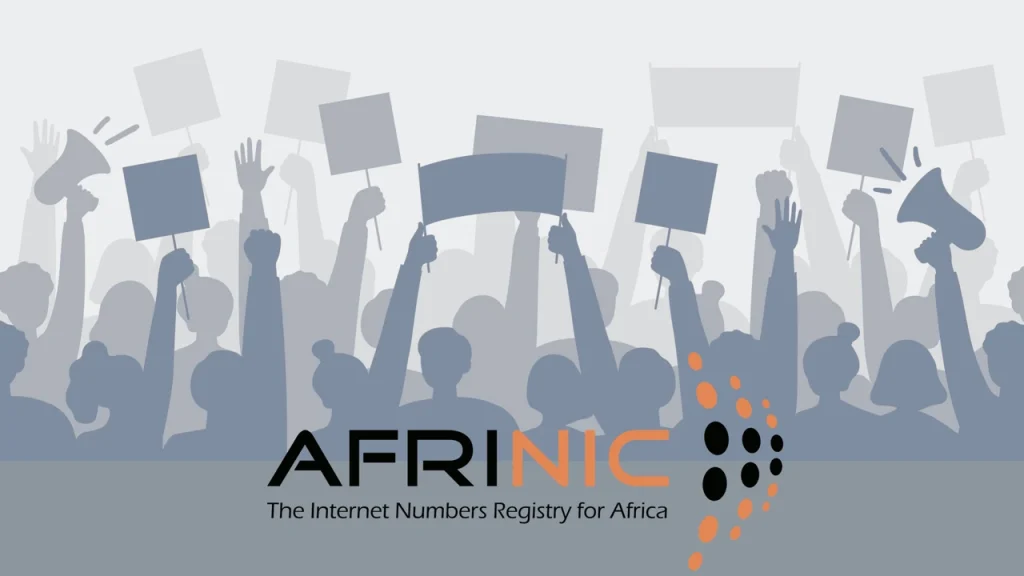- AFRINIC’s governance in chaos as Receiver changes rules on upcoming election.
- Cloud Innovation calls for its dissolution and a new registry.
AFRINIC’s governance unravels
AFRINIC, Africa’s sole Regional Internet Registry, has plunged deeper into crisis as its governance framework all but collapsed. Years of mismanagement came to a head when the Mauritian government officially designated AFRINIC a “declared company,” placing it under a court-appointed receiver.
The trigger was a series of election disputes, including the annulment of the June 23 board vote over a single unverified proxy, which resulted in discarding valid ballots and dismantling trust in AFRINIC’s governance. Cloud Innovation, AFRINIC’s third-largest member, has now formally called for the registry to be wound up entirely, citing “unworkable election standards” and irreparable dysfunction.
The company argues AFRINIC can no longer manage Africa’s IP resources responsibly and has urged stakeholders to immediately appoint a new regional internet registry to ensure continuity. This development marks a decisive turn in a saga that has exposed the instability of Africa’s current IP governance structure.
Also Read: New ICANN CEO Kurtis Lindqvist and his global power grab
Also Read: ICANN wants to take AFRINIC out of Africa
Africa’s IP future at a crossroads
The collapse of AFRINIC is more than an institutional failure; it is a pivotal moment for Africa’s digital future. AFRINIC’s breakdown leaves the management of millions of IP addresses in limbo, threatening the continent’s connectivity, infrastructure growth and long-term digital autonomy.
Cloud Innovation frames its call for dissolution as a “necessary reset,” not an act of destruction. By advocating for a successor RIR, it aims to safeguard Africa’s IP resources before the governance vacuum deepens.
Industry experts warn that how this handover is managed will set a precedent for other regions and reshape the balance between local autonomy and global oversight. The stakes are immense: the future of Africa’s internet governance hinges on whether reform comes swiftly — or control slips further into the hands of actors pursuing their own agenda.

